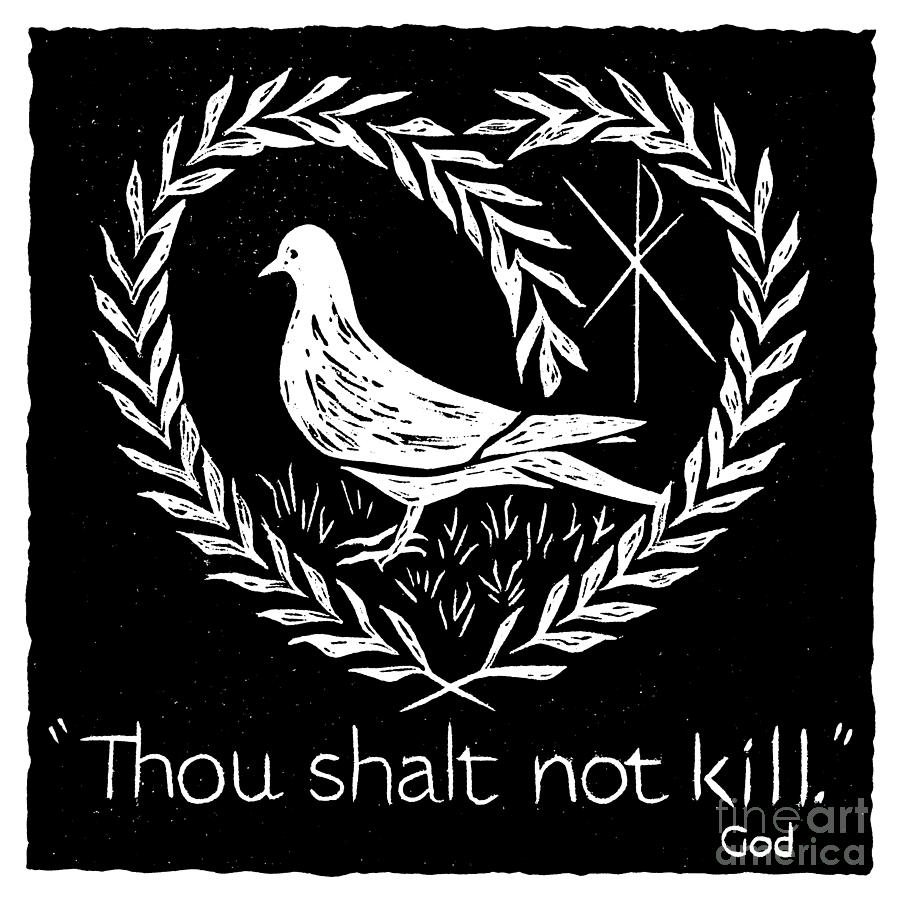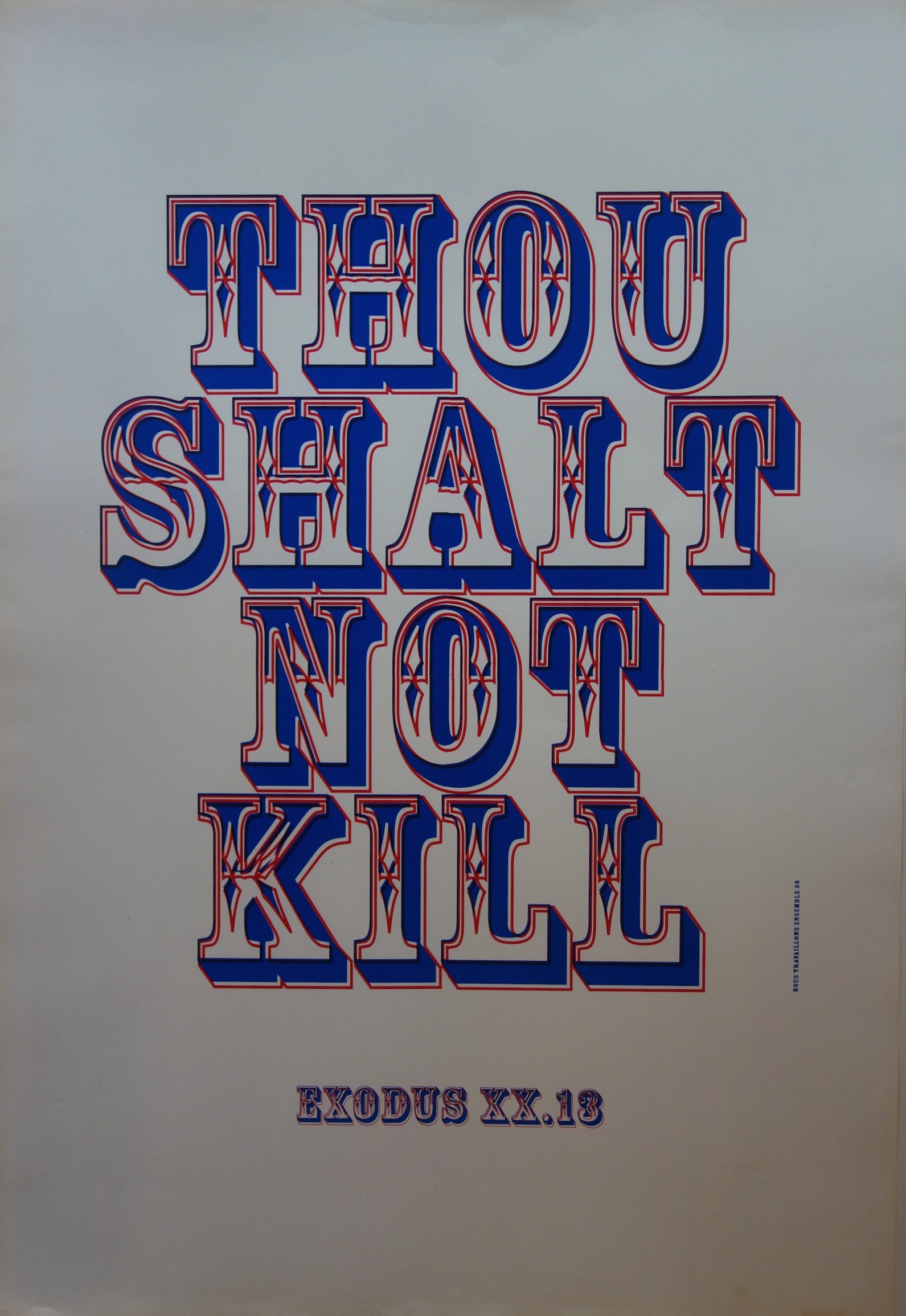
#THOU SHALT NOT KILL CODE#
The Covenant Code and Holiness Code both prescribe the death penalty for people that commit n-k-h. This verb is used of both an Egyptian slaying an Israelite slave and of Moses slaying the Egyptian in retaliation in Exodus 2:11–12.

The act of slaying itself, regardless of questions of blood guilt, is expressed with the verb n-k-h "to strike, smite, hit, beat, slay, kill". The Bible never uses the word retzach in conjunction with war. If the killing is accidental, the accused must flee to one of the cities of refuge-and remain in that city until the high priest dies, or the "revenger of blood" can kill the accused with no legal repercussions. Even accidental killing, or "thou shalt not kill," is expressly prohibited in Numbers 35:33. Īccording to the Book of Numbers, killing anyone outside the context of war with a weapon, or in unarmed combat, is considered retzach. The Hebrew verb רצח ( r-ṣ-ḥ, also transliterated retzach, ratzákh, ratsakh etc.) is the word in the original text that is translated as "murder", but it has a wider range of meanings, generally describing destructive activity, including meanings "to break, to dash to pieces" as well as "to slay, kill, murder".

The imperative not to kill is in the context of unlawful killing resulting in bloodguilt. Thou shalt not kill ( LXX οὐ φονεύσεις), You shall not murder ( Hebrew: לֹא תִּרְצָח lo tirṣaḥ) or You shall not kill ( KJV), is a moral imperative included as one of the Ten Commandments in the Torah. The image is from the altar screen of the Temple Church near the Law Courts in London. The Sixth Commandment, as translated by the Book of Common Prayer (1549).


 0 kommentar(er)
0 kommentar(er)
